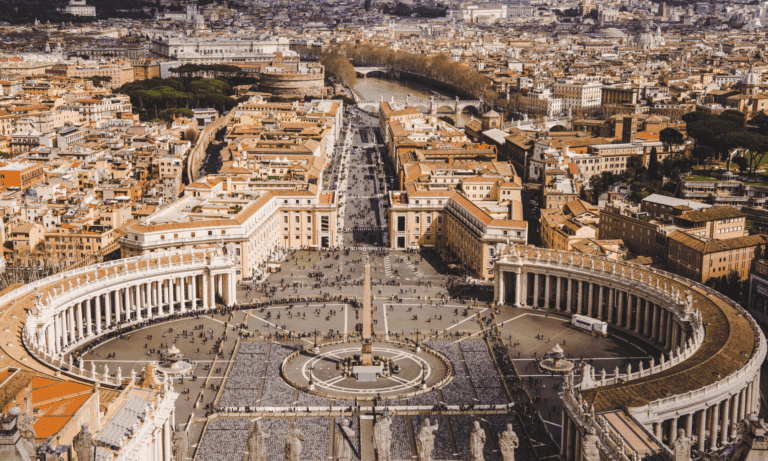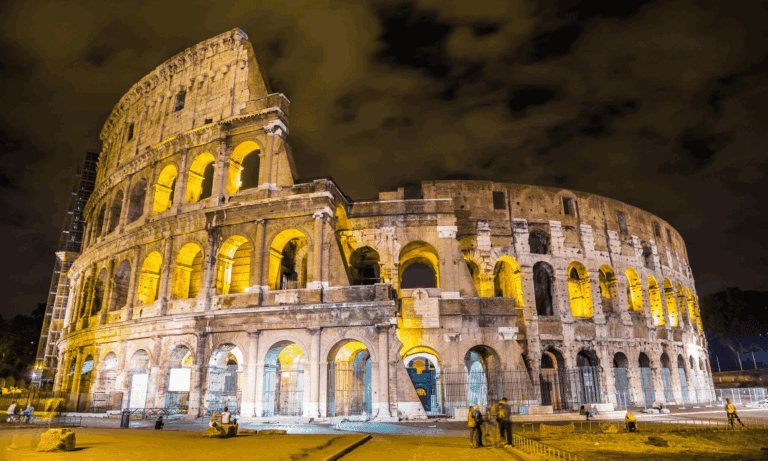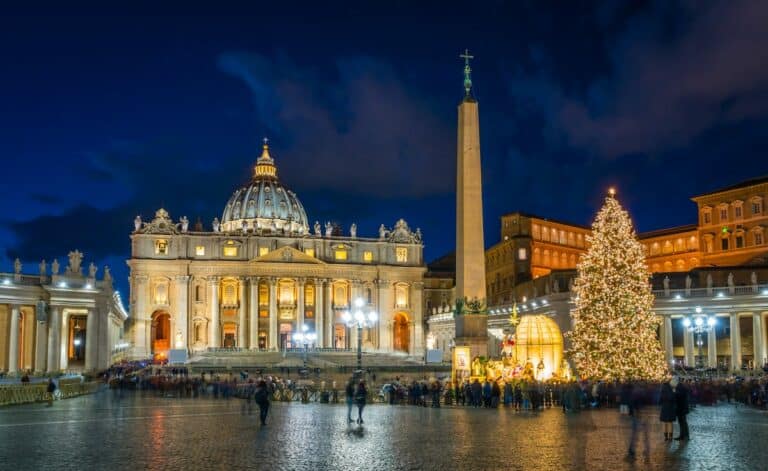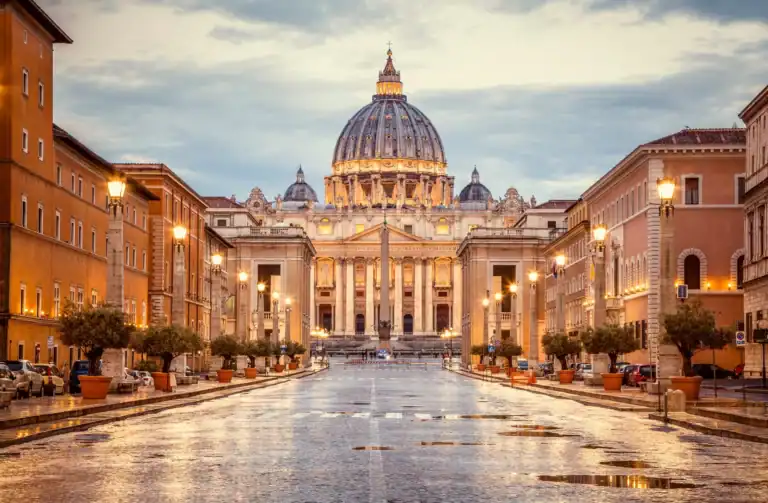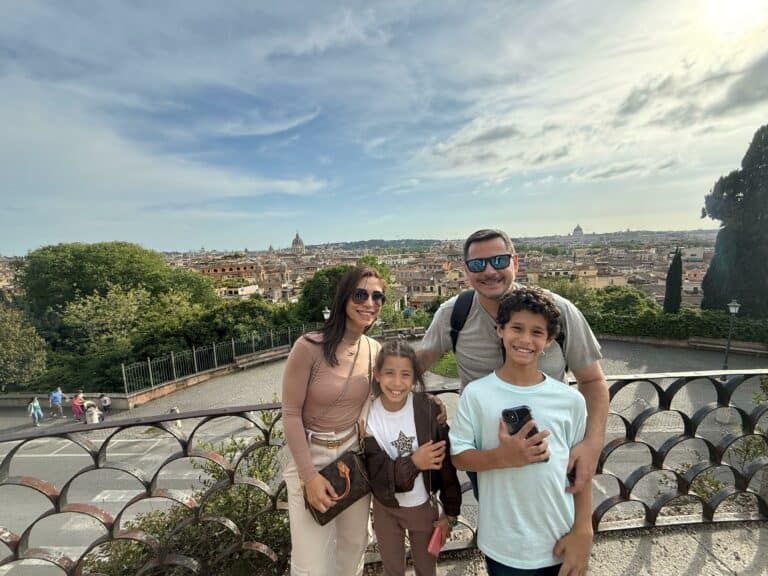Planning a trip to the Eternal City? Rome has it all — history, culture, art, food, and unforgettable piazzas. But there’s one small detail every traveler should know before booking: the Rome tourist tax.
This tax often shows up at the end of your hotel bill and can confuse visitors who weren’t prepared for it. Don’t worry — in this guide, I’ll break it down so you’ll know exactly what to expect.
What Is the Rome Tourist Tax?
The Rome tourist tax (officially called “contributo di soggiorno” or “tourist accommodation tax”) is a mandatory fee charged to overnight visitors.
It was introduced in 2011 by the City of Rome as a way to help maintain and preserve the city’s cultural heritage, public services, and tourism infrastructure. In other words: it helps keep Rome beautiful and functional for millions of visitors each year.
Who Has to Pay It?
-
All tourists staying in hotels, guesthouses, B&Bs, holiday apartments, and campsites within Rome city limits.
-
Children under 10 years old are exempt.
-
Residents of Rome don’t pay it.
-
Business travelers attending conferences or medical patients coming for treatment may sometimes be exempt (proof required).
How Much Is the Rome Tourist Tax in 2025?
The fee depends on the type and category of accommodation. As of 2025, these are the rates:
-
⭐⭐⭐⭐⭐ Hotels (Luxury): €10 per person, per night
-
⭐⭐⭐⭐ Hotels: €6 per person, per night
-
⭐⭐⭐ Hotels: €4 per person, per night
-
⭐⭐ Hotels & Guesthouses: €3 per person, per night
-
B&Bs & Holiday Rentals: €3.50 – €6 per person, per night (depends on classification)
-
Campsites: €2 per person, per night
👉 Maximum nights charged: 10 nights. After that, you don’t pay more for the same stay.
How Do You Pay It?
-
Usually collected directly by your accommodation provider (hotel, B&B, apartment).
-
Not included in most booking platforms (Booking.com, Airbnb, Expedia).
-
You’ll normally be asked to pay in cash or card at check-in or check-out.
-
The hotel issues a receipt for transparency.
⚠️ Tip: Always ask if the tourist tax is included when booking. Many travelers get surprised at checkout!
Why Does Rome Charge a Tourist Tax?
Rome welcomes over 10 million visitors a year, which puts enormous pressure on infrastructure and cultural preservation. The tourist tax helps:
-
Fund cleaning of streets, piazzas, and monuments
-
Support public transport systems
-
Preserve archaeological sites like the Colosseum and Roman Forum
-
Improve services for residents and tourists
Think of it as your small contribution to keeping Rome timeless.
Is It Different From Other Italian Cities?
Yes! Each Italian city sets its own rates. For example:
-
Venice – €5 day-tripper fee (new system starting 2025)
-
Florence – €5–€8 per person, per night depending on hotel class
-
Milan – Up to €5 per person, per night
-
Naples – Around €3 per person, per night
So, Rome’s tourist tax is on the higher side, but considering the city’s unique heritage, it’s expected.
Insider Travel Tips
✅ Budget ahead – Add €30–€60 extra per person for a week-long stay.
✅ Ask for a receipt – Hotels are legally required to give one.
✅ Don’t confuse it with VAT – It’s a separate local tax.
✅ Check exemptions – Families with kids under 10 save a lot.
✅ Airbnb stays – Yes, you still pay it. Hosts must collect it legally.
Common Traveler Questions
1. Can I refuse to pay the tourist tax?
No, it’s mandatory by law. Hotels can refuse check-in if you don’t agree.
2. Does it apply if I just visit Rome for the day?
No. Day-trippers don’t pay — only overnight stays.
3. Is the tax included in my online booking?
Usually not. Most platforms show it separately in “not included in price.”
4. Do kids pay?
Children under 10 years old are exempt.
Final Thoughts: Plan Smart, Travel Smooth
The Rome tourist tax isn’t a scam or hidden fee — it’s simply part of traveling to one of the most visited cities in the world. By knowing the rates in advance, you’ll avoid surprises and budget smarter.
So when you’re sipping espresso near the Pantheon or tossing a coin in the Trevi Fountain, you can relax knowing you’ve already covered your part in keeping Rome magical for generations to come.

